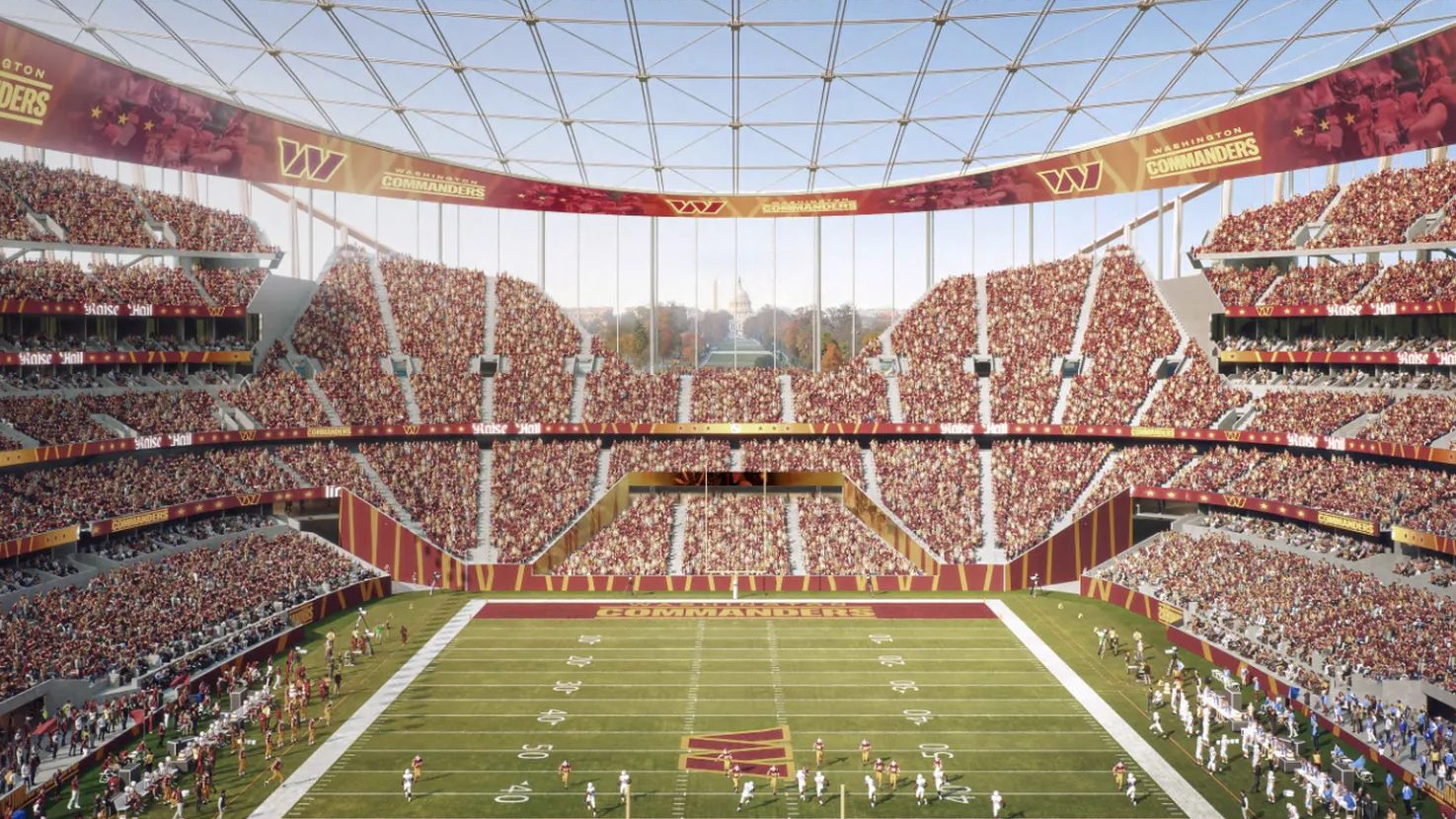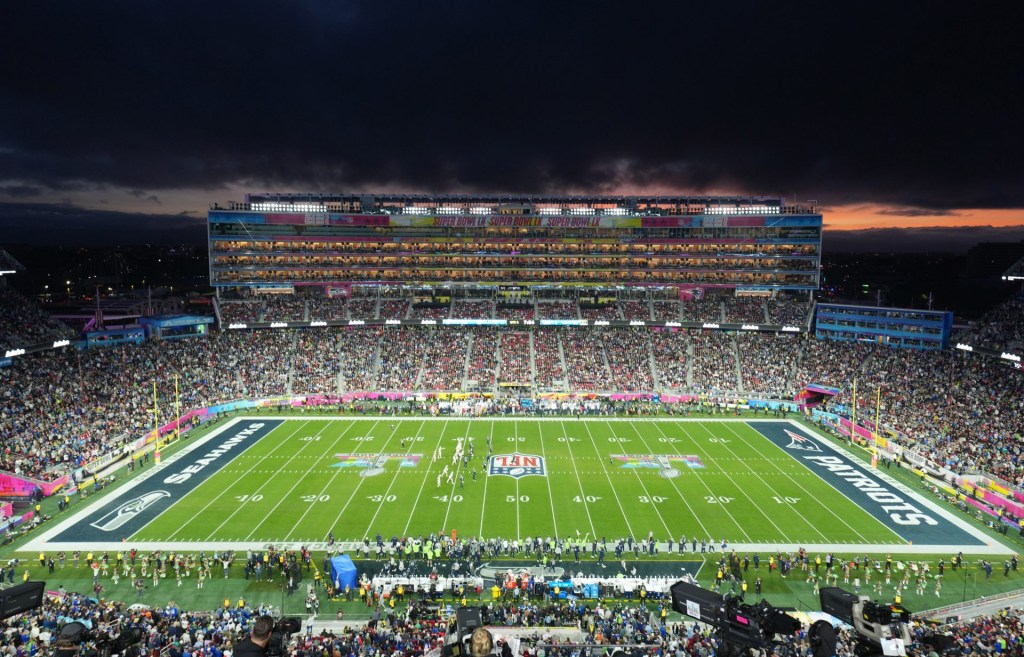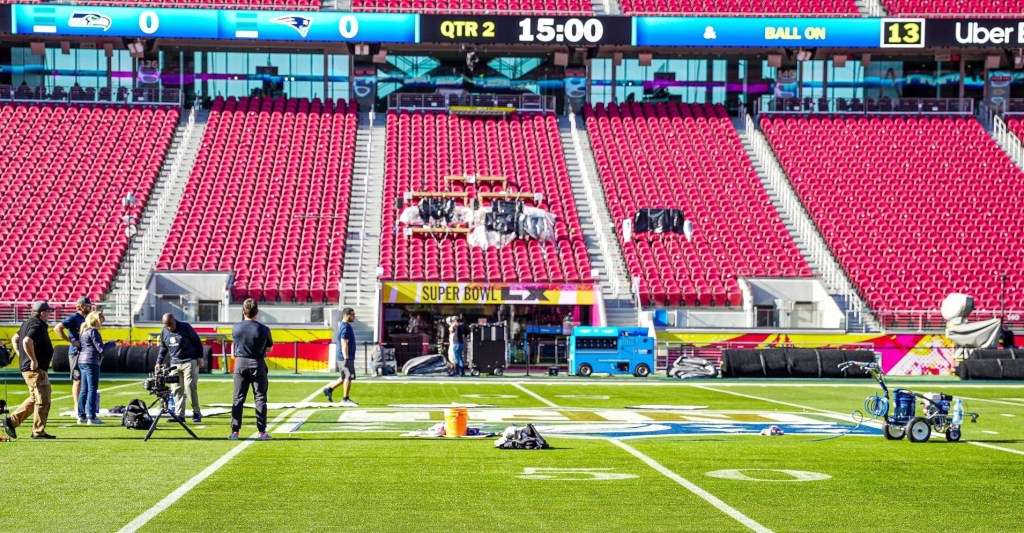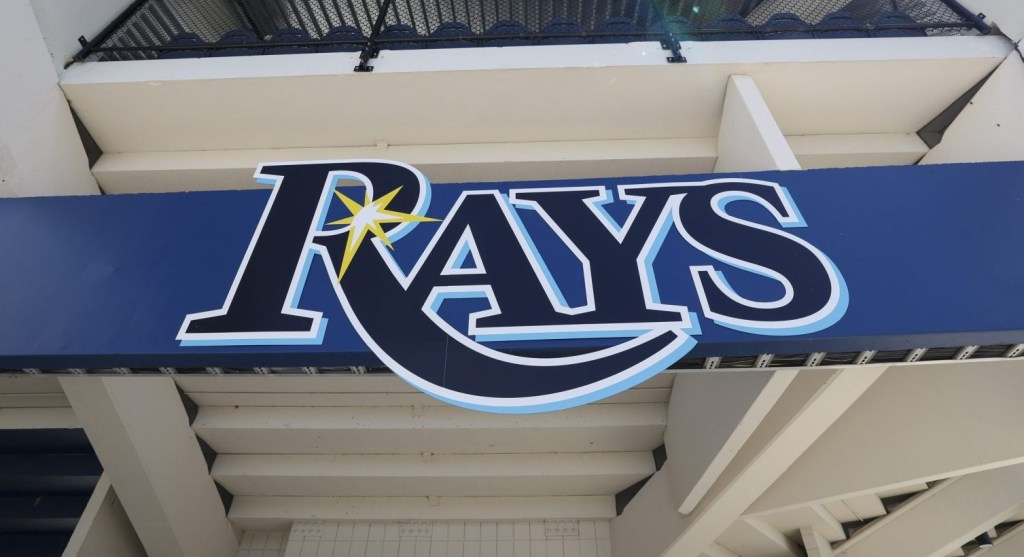As the Commanders look to advance their $3.8 billion plan to build a new venue at the site of the former home of RFK Stadium, the issue has devolved into a political back-and-forth between the District of Columbia’s top two officials.
Less than two months after first completing the stadium deal with Commanders owner Josh Harris, D.C. mayor Muriel Bowser said that delays by the D.C. Council to approve the latest budget are already imperiling a plan for the facility targeted for a 2030 opening.
“A delay sacrifices our exclusive seat at the table and $2.7 million in private investment,” Bowser said. “The Commanders and my team are ready to iron out the details with the Council and respond to any concerns. It should be clear, but let me emphasize: If the Council strips the deal terms or budgeted dollars from the budget, it kills our agreement with the Commanders.”
The agreement between Bowser and the Commanders does require preliminary approval of the stadium plan by July 15, at which point the team would be able to talk with other jurisdictions. Neighboring Maryland and Virginia have made separate pushes toward a new stadium, but never got as far in negotiations as D.C.
D.C. Council Chair Phil Mendelson, already a skeptic of the $1.1 billion in public support targeted for the Commanders stadium and related infrastructure, called Bowser’s comments inaccurate. He also said, despite the language in the stadium deal, there is more time to work with than what Bowser suggests.
“The Commanders have said the earliest they would need the District’s money and go to the bond markets to finance construction is next summer,” Mendelson said. “We will work within the Commanders’ 2030 timetable.”
Bigger Dispute
Part of the backdrop of the political battle between the two officials is Bowser’s late May delivery of a proposed fiscal year 2026 budget, weeks later than expected and a particular source of public frustration for Mendelson, as he claimed it has unduly compressed the Council’s legislative work to fund the upcoming year.
Along similar lines, Mendelson has frequently balked at the prospect of reviewing and voting on an agreement as large as the Commanders’ stadium in just a matter of weeks, but he still pledged to move the governing body he leads as fast as possible.
“I have heard over and over from citizens and fellow councilmembers that the Council should do due diligence of this multibillion-dollar deal before voting to approve it,” he said. “The Council will move forward quickly to analyze the mayor’s terms, improve the deal where possible for taxpayers, and approve a new football stadium. Any suggestions to the contrary are simply false.”





![[Subscription Customers Only] Jul 13, 2025; East Rutherford, New Jersey, USA; Chelsea FC midfielder Cole Palmer (10) celebrates winning the final of the 2025 FIFA Club World Cup at MetLife Stadium](https://frontofficesports.com/wp-content/uploads/2026/02/USATSI_26636703-scaled-e1770932227605.jpg?quality=100&w=1024)











